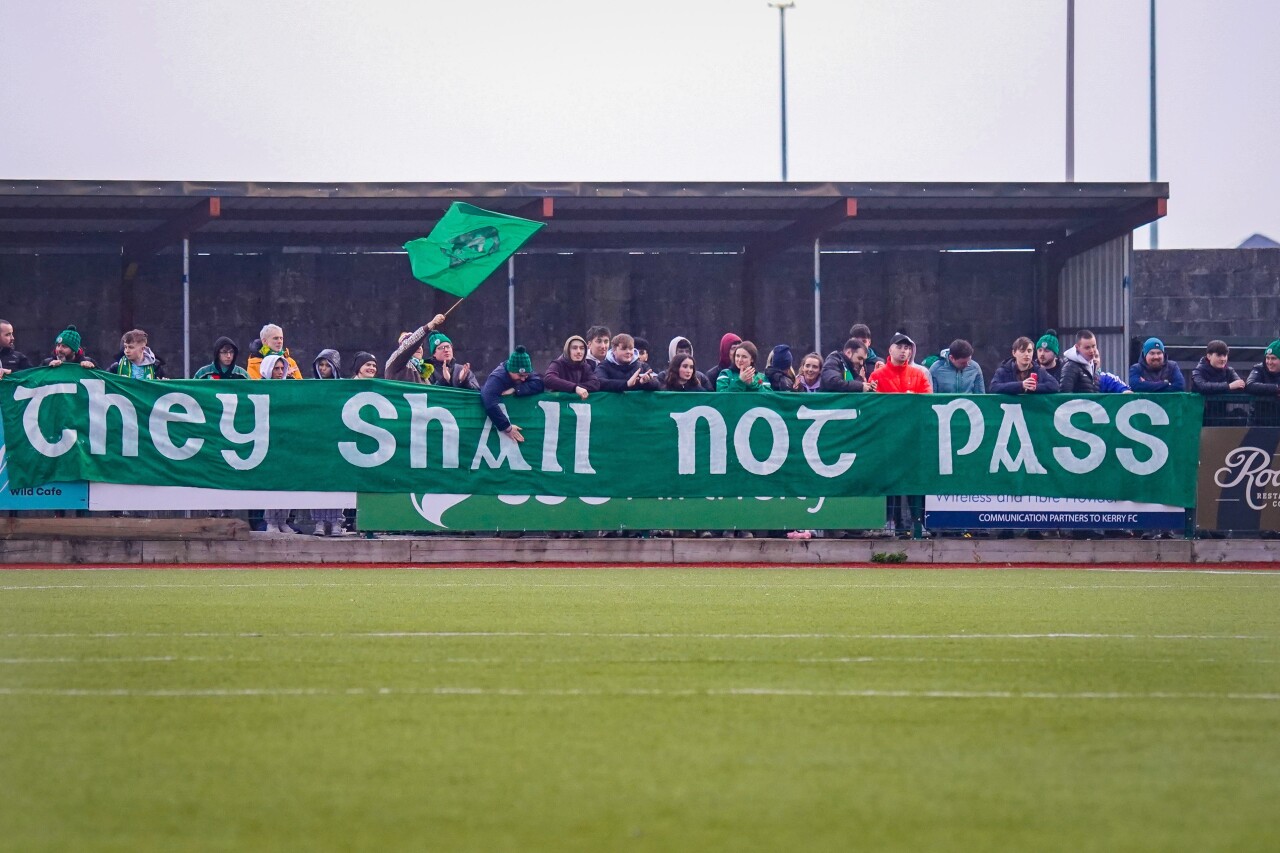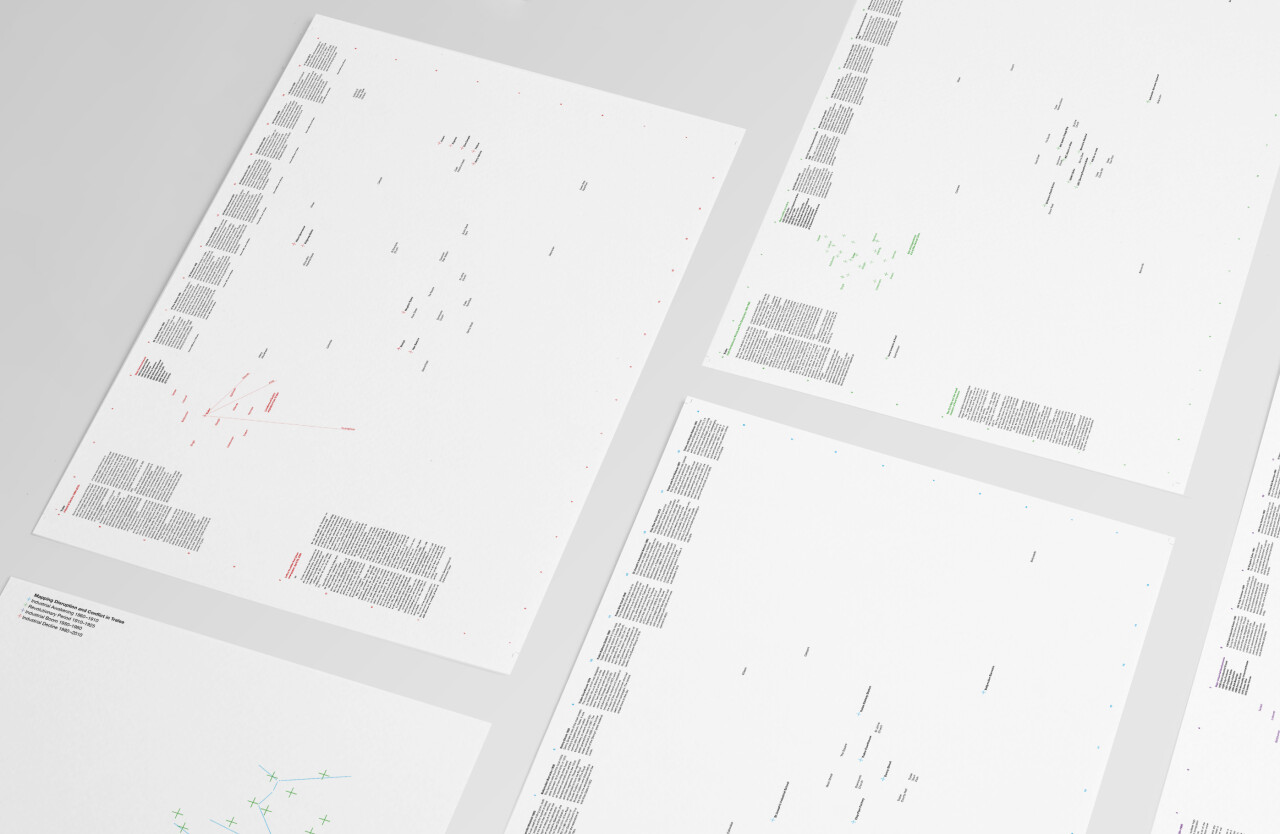They Shall Not Pass
Thesis Title: Italian fascist modernist design and typography and the relationship between Ailtirí na hAiséirghe and modernism.
This thesis was a close examination of how modernist aesthetics were instrumentalized to develop a dominant right wing discourse. It discussed in particular the relationship between modernist design and typography styles, how modernism was embraced and used by Italian Futurists and the Irish fascist movement, Ailtirí na hAiséirghe, which had a small but ambitious membership during the1940s in Ireland.
The aim of They Shall Not Pass is to demonstrate the role of aesthetics in the development of any discourse be it malign or benign. Looking at the examples of modernist fascist design choices and deciding to flip it.

